Man Utd sent Rasmus Hojlund message after thinly-veiled dig from Denmark boss
In recent days, Manchester United and Rasmus Højlund have found themselves back in the spotlight—this time off the pitch—after the Denmark national team’s head coach, Brian Riemer, appeared to issue a subtle but pointed criticism of United’s handling of their high-profile forward. In response, United are said to have quietly issued a message of support to Højlund, seeking to shore up confidence around their asset amid swirling narratives of underachievement and mis-management.
The Context: Højlund’s United Spell
When Manchester United signed Rasmus Højlund from Atalanta in 2023 for a substantial fee (reportedly around £72 million) expectations were high. The Danish striker was viewed as a long-term investment, a powerful centre forward with youth and potential to spearhead United’s attack for years to come.
Yet, Højlund’s tenure at United was not plain sailing. He struggled at times for consistency, often finding limited service or adjusting to the tactical demands at Old Trafford. Some critics argued he was misused or poorly integrated; others suggested his confidence dipped under pressure. Eventually, United agreed to a season-long loan move for him to Napoli, with a conditional obligation to make the transfer permanent next summer.
Since arriving in Italy, he has begun to rediscover his goalscoring touch. In just six appearances between Serie A and the Champions League, he has already matched his goal tally from last season for Manchester United—scoring four goals. The contrast has drawn attention.
The Denmark Manager’s Dig
Enter Brian Riemer, the Danish national team boss. In an interview with TipsBladet, he was asked whether Højlund can still “make it” in English football. His answer, while diplomatic, carried undertones that many interpreted as a critique of how United had deployed or supported their striker.
Riemer said:
“I think Rasmus has the quality for both leagues, without discussion.
Does he fit in Italian football? Yes. There was no doubt about that, because he had already proven that.
But that doesn’t mean he doesn’t fit in English football. On the contrary, I would almost say.”
Then he added a key caveat:
“The fact that he is now on a well-functioning team and has players around him who take pride in doing good for others helps to make the outcome for a striker like Rasmus, who needs to be serviced. It is more important than which league you play in.”
That last sentence—about being in “a well-functioning team” with teammates taking pride in servicing the striker—struck many observers as a pointed contrast to what Riemer implied may have been lacking during Højlund’s time at United.
From the tone, the remark could be read as suggesting United did not provide the collective support or structure conducive to Højlund’s success—or that the environment was dysfunctional. While he didn’t explicitly condemn United by name, the juxtaposition was clear: Italy has given him a better platform.
Some outlets described the comments as a “thinly veiled dig” or even “brutal.” The tension comes from what is unsaid: rather than outright criticism, Riemer chose to praise Højlund’s surroundings now and implicitly contrast them with his experience at Old Trafford.
United’s Response: A Message of Support
In the wake of Riemer’s remarks and Højlund’s social media activity, Manchester United reportedly reached out privately to the forward with a message aimed at boosting morale and reaffirming their regard for him. One tabloid report put it this way: “Man Utd sent Rasmus Højlund message…” in direct reaction to the coach’s comments.
What that message contained is not public, but such communications typically aim to:
- Reassure the player of continued support from the club,
- Stress that the loan move is not a judgment on his long-term value,
- Remind him the door remains open if he returns, and/or
- Emphasize confidence in his ability going forward.
Notably, Højlund’s own recent activity on social media could be seen as a response to critics. While on national team duty, he posted a quote:
“A wise man once said: ‘Goals are like ketchup. Once they come, they keep on coming.’”
That post was liked by former United players such as Christian Eriksen, current United teammate Patrick Dorgu, and Bryan Mbeumo, reflecting a network of support. In this context, United’s private message can be viewed as part of a broader effort to manage the narrative and support their formerly expensive investment.
Stakes, Motivations, and Implications
Why is this exchange significant?
- Player Confidence and Reputation
Højlund is still young (just 22 at the time of this debate) and relatively unproven at the highest level. But his form at Napoli shows promise. A public perception that United did him a disservice could affect his confidence, his standing among fans, and his future career trajectory. - Club Optics and Legacy
United paid a very large sum for him. If they are seen to have botched his development or misused him tactically, it reflects poorly on recruitment, coaching, and player management structures at the club. - Loan-to-Permanent Decision
The loan agreement includes a conditional obligation to buy—presumably tied to performance or Napoli’s success in qualifying for the Champions League. Højlund’s success in Italy may force United’s hand. If he continues flourishing, it becomes harder to argue he didn’t have what it takes; if he fails, United will point to contextual factors. - Narrative Control
Clubs are acutely aware of media narratives. Riemer’s dig, though indirect, could gain traction. United’s message may be an attempt to stem negative spin, show that they back their players, and discourage narrative that paints them as maladaptive. - Relationships with National Coaches
This also highlights the sometimes tense dynamics between club and country. National team coaches may have candid views of how clubs treat star players, and these remarks could affect relationships, influence public opinion, and even impact player morale.
How Fair Is the Implicit Criticism?
From one perspective, Riemer’s remarks are justified. The difference in output between Højlund’s time at United and his early form at Napoli is striking, and it makes sense to analyze structural factors. United—over recent years—have struggled with consistency, cohesion, and squad balance. A striker of Højlund’s profile thrives when service is reliable, midfielders understand timing, and teammates trust a linking forward. If those elements were lacking, the responsibility can’t rest solely on the player.
However, blaming the collective environment does not absolve the player of accountability. Adapting to tactical demands, stamina in the Premier League, mental resilience under pressure—all factor into a player’s success. Also, many players have risen through difficult environments by sheer grit; the leap from Italy back to England is nontrivial.
Moreover, public comments from a national coach carry weight—and coaches should be mindful of respecting clubs’ internal decisions. Højlund’s time at United involved managerial changes and evolving systems, which complicate any simplistic judgement.
So while Riemer’s remarks may carry truth, their delivery is diplomatically risky—and likely intentional in tone.
Conclusion
This exchange between Denmark’s coach and Manchester United over Rasmus Højlund underscores deeper tensions in modern football: player development vs. club expectations, national pride vs. club loyalty, and narrative management in a media-saturated age.
United’s response—sending a private message of support—indicates they recognize the stakes. They cannot afford to lose their face, nor their faith in a player of Højlund’s potential. At the same time, the club must reflect internally: were the systems, tactics, or squad structures inadequate to extract his best?
For Højlund, now redeploying his talents at Napoli, the next months are pivotal. If he continues to score and build momentum, his path forward becomes clearer. But the echoes from this public back-and-forth will follow him—and the club—for some time.
If you’d like, I can also pull together reactions from fans, ex-players, or tactical analysts to enrich this narrative. Do you want me to build that?
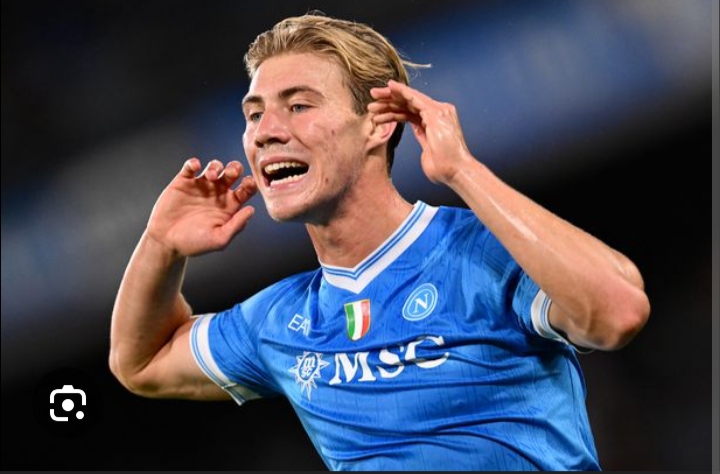
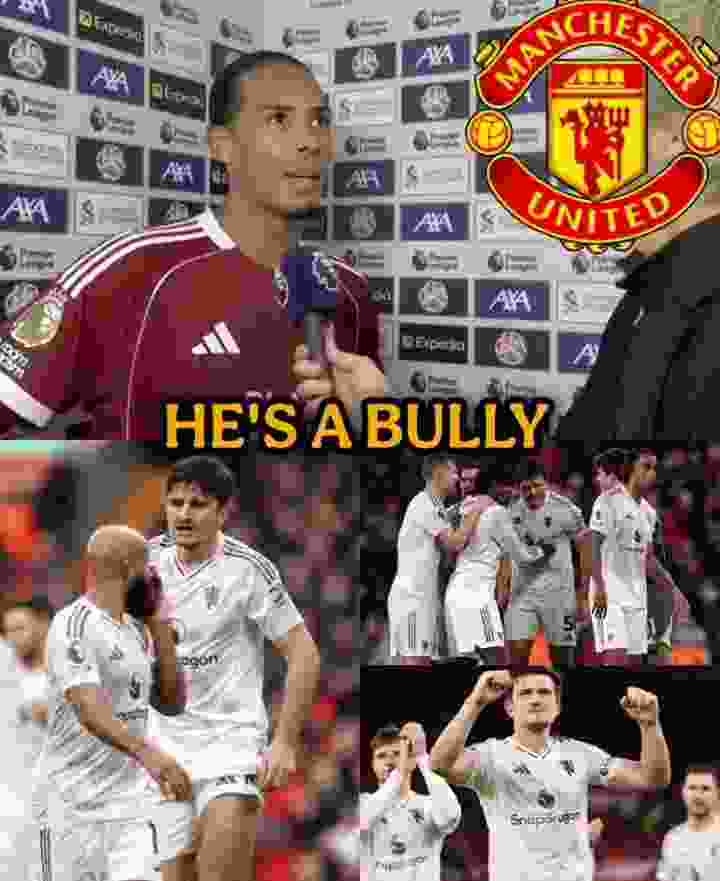
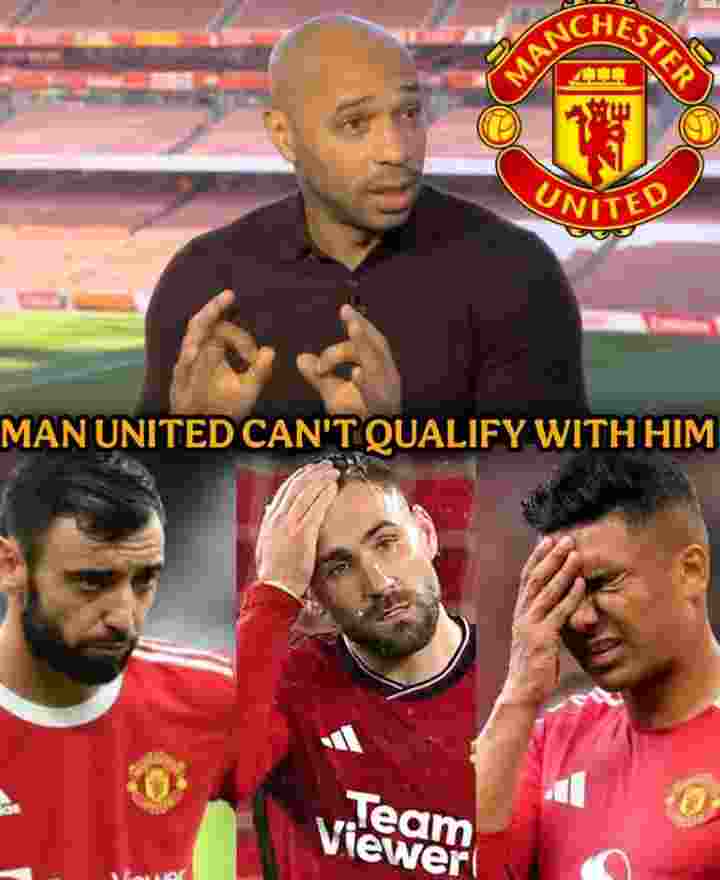
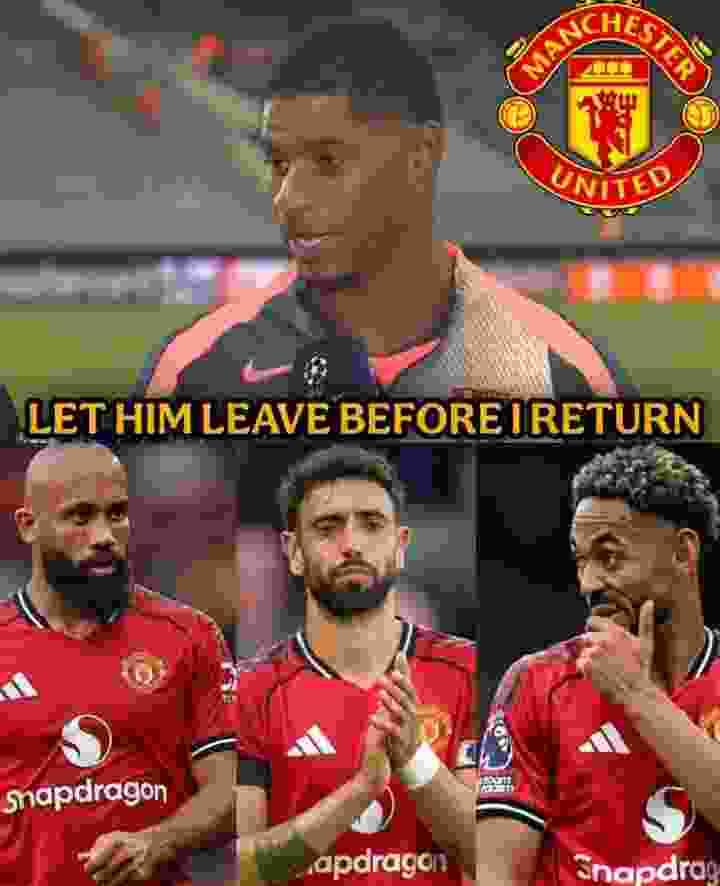
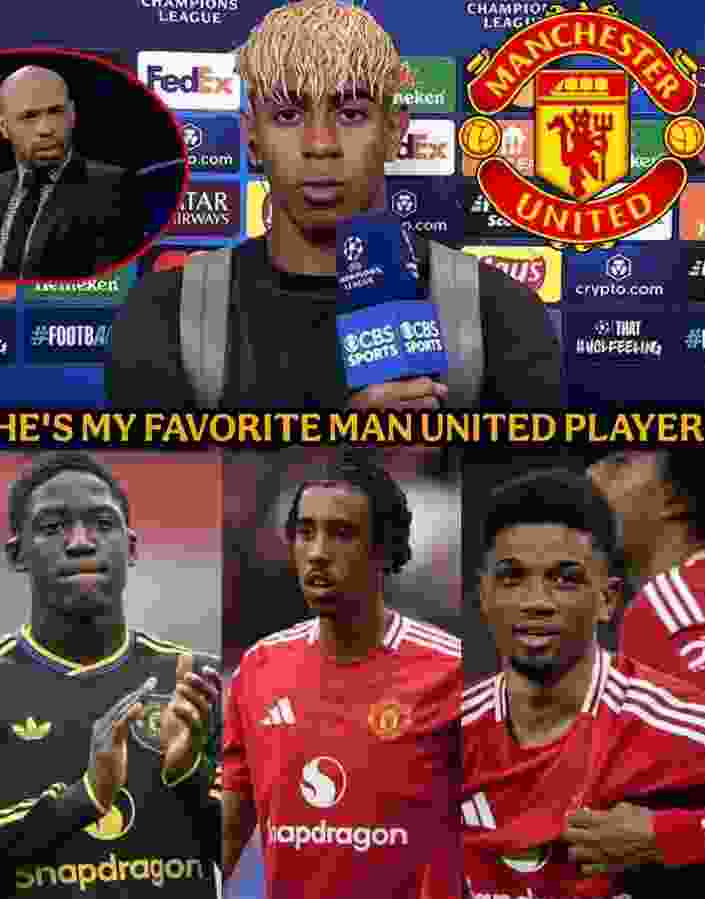
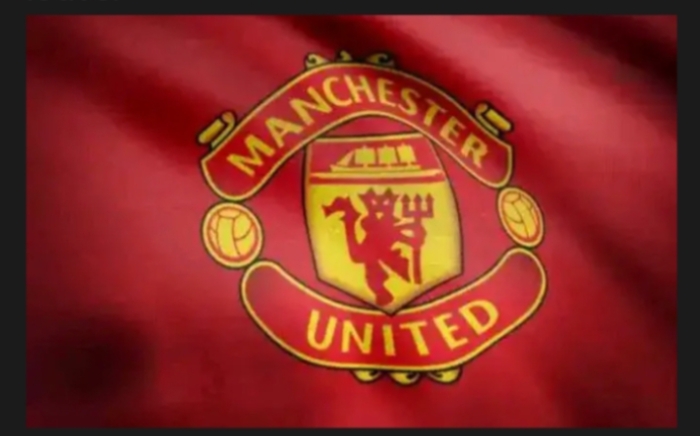
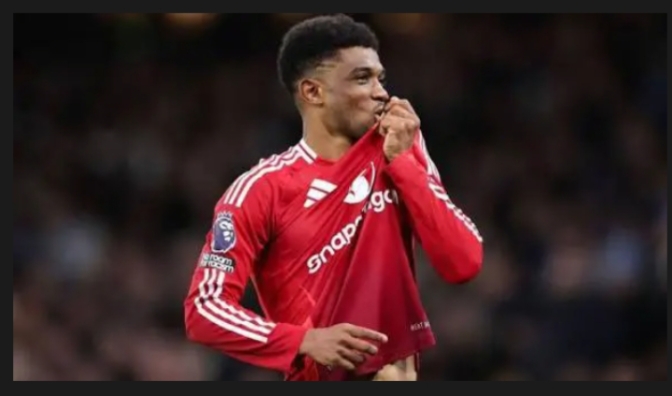
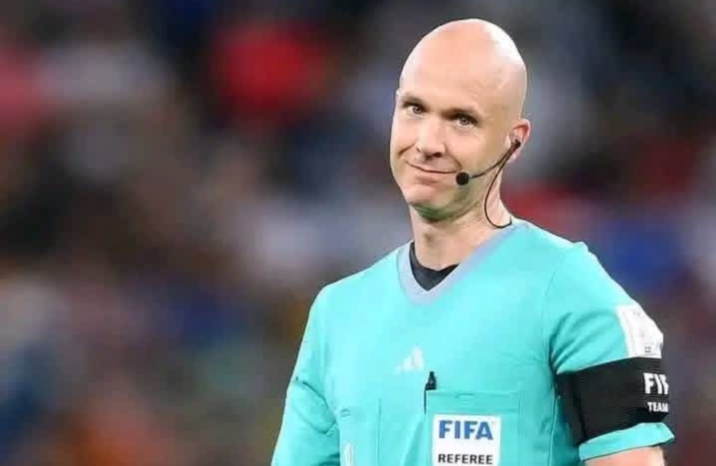
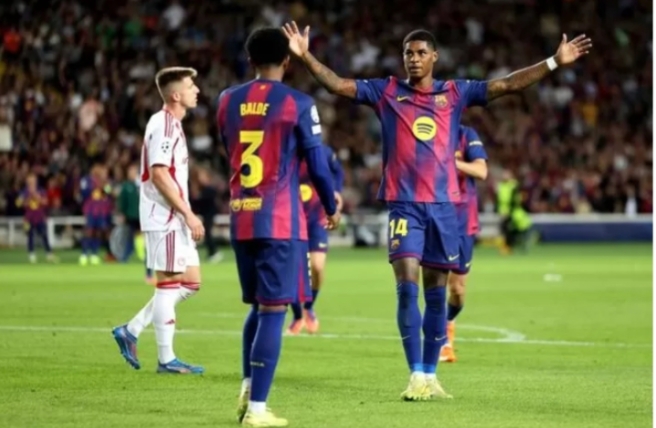
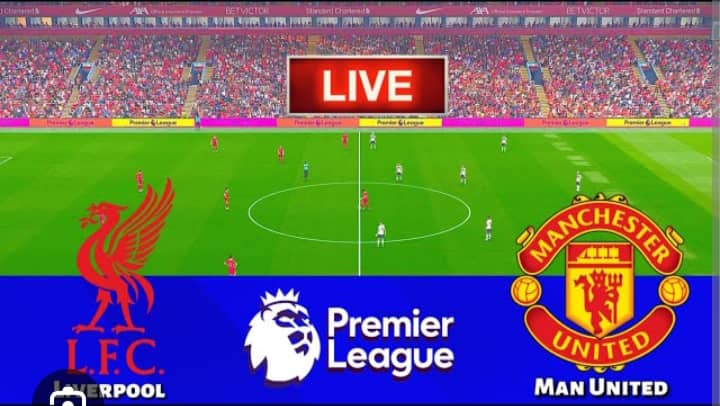
Leave a Reply